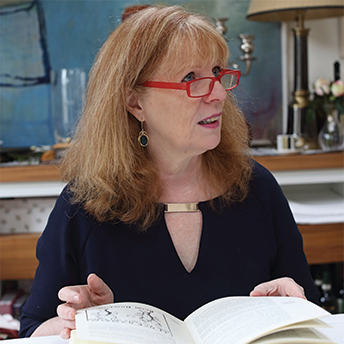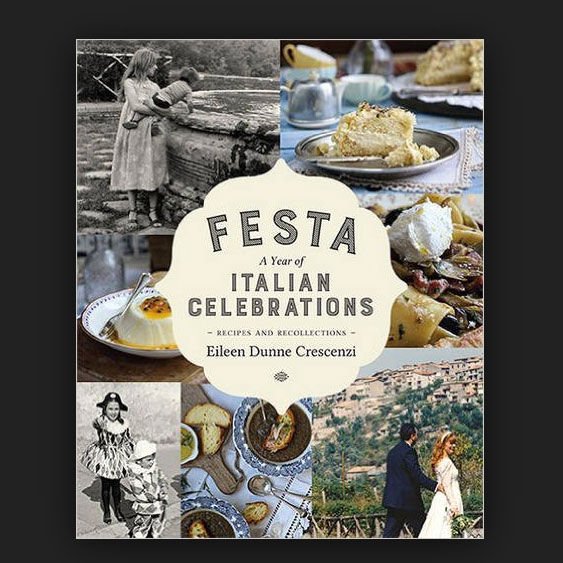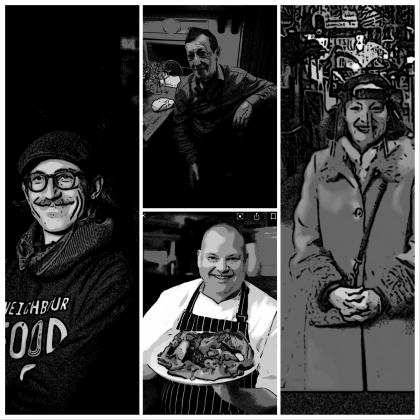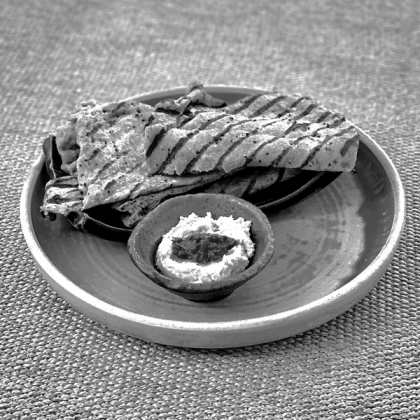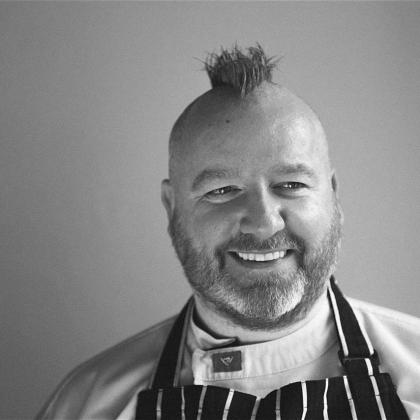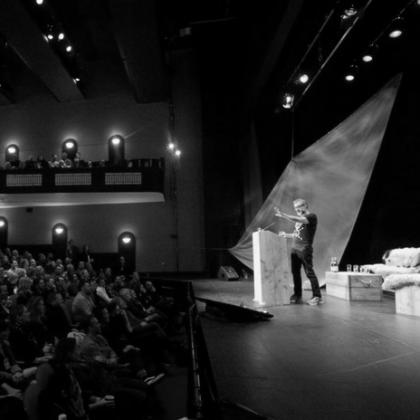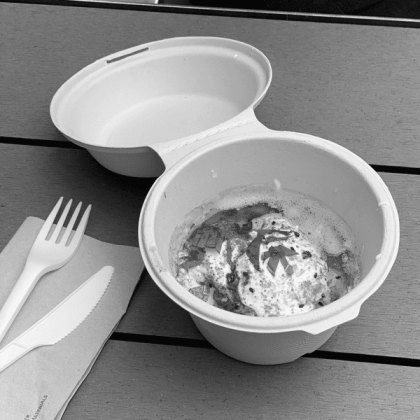There’s a certain time in the career of the celebrity chef, around about four books and a few tv series in, when somebody - probably his or her agent - says: “Why don’t you Do Italian?” These books are often met with derision, except by those fans who buy them for that one recipe for pasta al forno, and then the book lives out its life sitting on the shelf.
How a restaurateur like Eileen Dunne Crescenzi must suffer when she sees these books, with their faux food. But Mrs Crescenzi has done the best thing to counter the flood of fakes. She has written the definitive Italian cookbook written by an Irishwoman.
Eileen's secret is that she has Done Italian for most of her life. She dresses Italian. She’ll wrap a scarf around her neck in the way only an Italian woman can. She speaks Italian, she cooks Italian, she lives Italian. Yet, somehow, she does all this without losing the red-headed Dub that is another equal part of her identity.
How to explain this? Well, there is always a pioneering example: for the young Eileen Dunne, there was “one of my mother's youngest sisters, who was both brilliant and bold”. There we have it: be brilliant, and be bold.
We love her new book, Festa, for the Fellini-style photos of Eileen and her family during their own Festa celebrations. And the food here is magnificent: real Italian cooking, replete with the bitter flavours of risotto with radicchio, pancetta and Barbera, or proper Tiramisu. Or the crispyness of suppli, the lushness of Trofie cloaked with pesto and prawns. The introductions to each recipe are expressive and extensive, unlocking in each recipe the secret of how and why the dish was conceived and served. This is so much more than just a recipe book.
For Eileen, food is forever tied up with family and sharing. Food gives her confidence - in her restaurant she’s as comfortable with the government ministers, masters of the universe, and philosophers who turn up in their devoted droves to South Frederick Street, as she is with young people to whom she wants to teach the quality of life through the means of doing things properly.
This book is a call to the table – Tutti a tavola – for she understands that with care in cooking, food will always be the cause of, and reason for, celebration.

